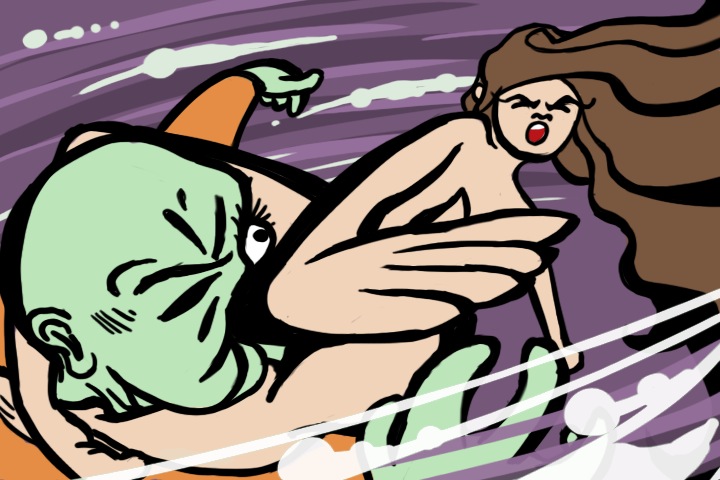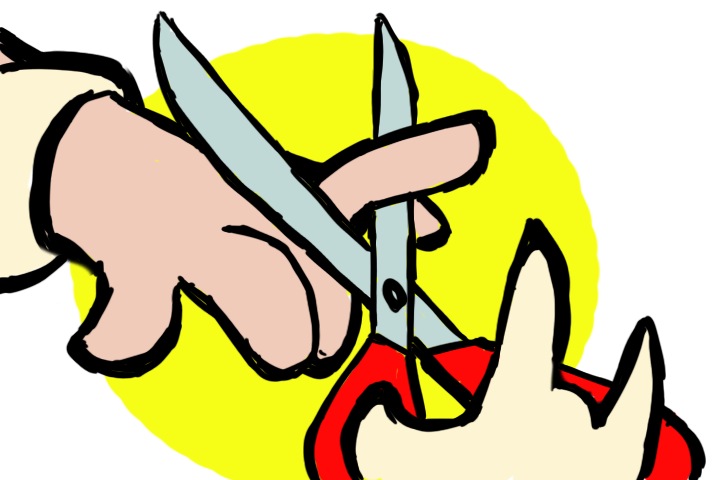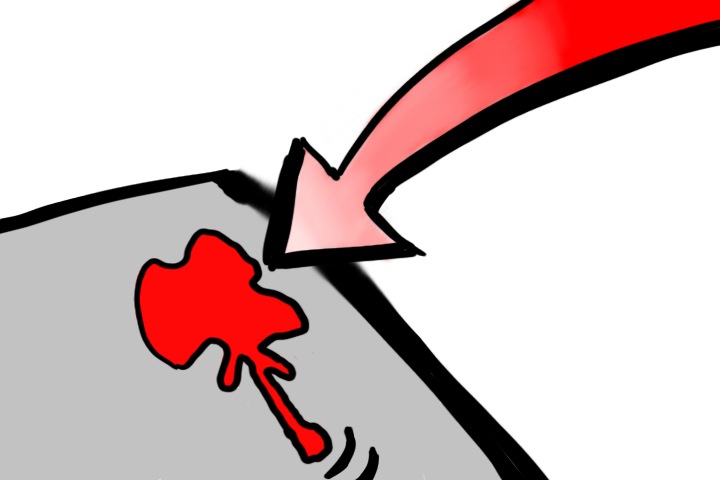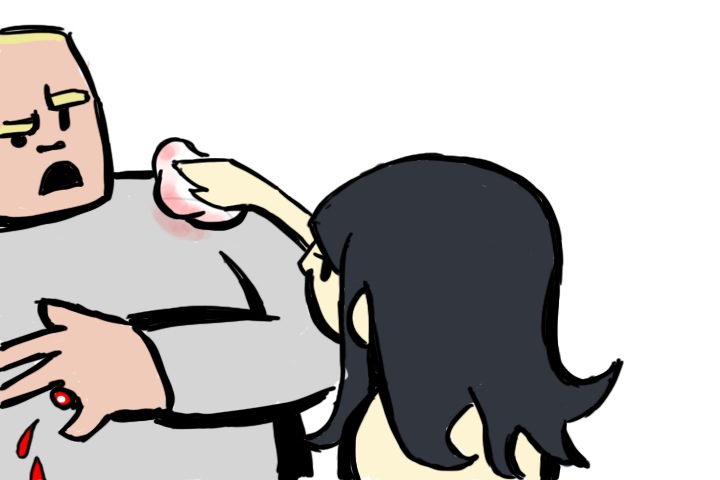After the song by Gil Scott-Heron.
Waking up again and again half way into the day one gets to thinking that living for now isn't really living if it means missing the later. It has been brought forward that the truly meaningful life does not concern itself with the future, extending the family line and improving the state. Instead one should focus on decoding the past in the present. If by means of inebriation one is able to prolong the present and dim the future to the point that the past surfaces as if by its own volition then alcohol is the key to the good life. This seems like a hasty conclusion. Let's take a look at the proposition, first, and then whether drinking does in fact afford us an artistic sentiment.
The proposition is brought forward early on in Anti-Oedipus, an indictment of the capitalist state's use of desire to enslave the masses. The book is a collaboration between two unabashedly French thinkers, Deleuze and Guattari, one of whom is a militarist revolutionary; the other a university philosopher. Alongside the above-mentioned postulate Deleuze and Guattari push numerous complementary arguments with the general aim of resurrecting Nietzsche from the self-imposed grave of his madness, using the Hammer to beat the age old Marx-Frued dichotomy into a decisively modern framework and stitching this framework to the modern world by means of a collective Übermensch that is nothing less than the schizoid population resulting from the strange provocation/repression of the capitalist regime. Whew! Needless to say the earlier-mentioned proposition is native to a rather skewed worldview. Still, it is both obviously existentialist and (though written in 1972) still remarkably applicable to the lives of most young people in metropolises today.
I am young. I live in a metropolis.
Behind the Anti-Oedipal preference for the past/present over the present/future is an almost primal cry for objectivism. Artists are here given more credit than perhaps they deserve. There is a certain 'coolness' to the artistic life that, apart from playing a necessarily unmotivated role in any system, appears to have no place in the typical sober life. It is precisely at this juncture that material reality in the form of abused substances re-enters the equation in a new and covert manner. Whereas heat/energy plays a static part in civilization, as described most convincingly by Thoreau, drugs are as complex and unpredictable as (indeed to a certain point inseparable from) the human brain they alter. In a way the entire Anti-Oedipal framework rests upon the artist's need for personal balance. As this balance is more often than not supported by substance abuse we might imply that Anti-Oedipus is merely another prescription for the perfect drug cocktail that will lead us to Objectivity without the confines of the future placed upon us by the age-old paths afforded by religion and culture.
The bottle, then, has been released from its cultural framework and re-defined in scientific terms as a chemical versus spiritual congress between body and mind. Does this mean we will see a re-emergence of the primitive horticultural (drug) cult? Perhaps the Nutrition Facts label is evidence enough of a movement towards self=substance. Still, I would seek some more nebulous and spiritual means of social congress such as the internet or even the church before settling in to a weekly dose of happiness.
Subscribe to:
Post Comments (Atom)









No comments:
Post a Comment